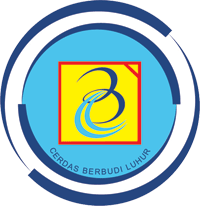Mental Health and Psychosocial Support Program For Adult and Child Survivors of The Landslide Disaster in Nganjuk, Indonesia
DOI:
https://doi.org/10.36080/jjdr.v2i1.124Keywords:
Mental Health, Psychosocial Support, Survivor, DisasterAbstract
Objective: The mental health and livelihoods of several children and adults in Nganjuk District in Indonesia were at risk from the landslide disaster. They were survivors of natural disasters and the psychological aspect of rehabilitation was often needed in public health initiatives. Methods: Several psychosocial volunteers from other areas around the site travelled to the shelter where the survivors were evacuated and established a psychosocial mental health program for child and adult survivors. Result: Playgroups, daily life routines, reliable information, psychoeducation, discussion sessions, and practical assistance were provided to survivors of landslides in Nganjuk District in Indonesia. Symptoms of emotional distress in children and adults were observed. These activities were established to promote connectedness, hope, security, serenity, and a sense of self and collective efficacy. Conclusion: Survivors of the landslide disaster in Nganjuk Regency in Indonesia could connect, earn hope, have a sense of safety, and be calmer. Children could have daily routine activities such as school, play, prayer, self-care, and rest, while older people could arrange general community meetings, find new shelters, and have religious meetings.







